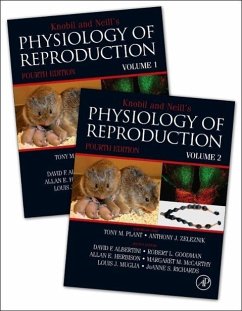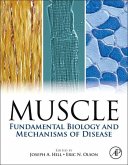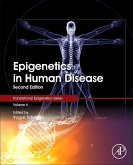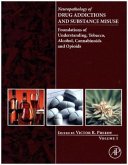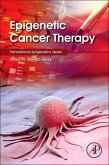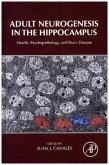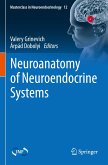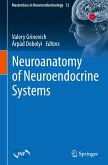The Fourth Edition of Knobil & Neill continues to serve as a reference aid for research, to provide the historical context to current research, and most importantly as an aid for graduate teaching on a broad range of topics in human and comparative reproduction. In the decade since the publication of the last edition, the study of reproductive physiology has undergone monumental changes. Chief among these advances are in the areas of stem cell development, signaling pathways, the role of inflammation in the regulatory processes in the various tissues, and the integration of new animal models which have led to a greater understanding of human disease. The new edition synthesizes all of this new information at the molecular, cellular, and organismal levels of organization and present modern physiology a more understandable and comparative context.
"This is an exhaustive reference on the basic biology of conception and pregnancy...a comprehensive basic science book that will appeal to researchers. Score: 69 - 3 Stars"--Doody's
"Each successive edition has grown with the exciting new information generated in the interim. The third edition is no exception. ...These volumes are clearly designed for students of reproductive physiology and cover almost every imaginable topic. ...they certainly would be an invaluable adjunct to understanding the physiology that underlies clinical questions in reproductive medicine. These are the volumes that every graduate student or postdoctoral fellow in reproduction should have and probably would love to receive for Christmas. ...every university, medical school and research institute should have these volumes in their libraries." --V. Daniel Castracane, Foundation for Blood Research, Scarborough, ME for TRENDS IN ENDOCRINOLOGY & METABOLISM (2006)
"Each successive edition has grown with the exciting new information generated in the interim. The third edition is no exception. ...These volumes are clearly designed for students of reproductive physiology and cover almost every imaginable topic. ...they certainly would be an invaluable adjunct to understanding the physiology that underlies clinical questions in reproductive medicine. These are the volumes that every graduate student or postdoctoral fellow in reproduction should have and probably would love to receive for Christmas. ...every university, medical school and research institute should have these volumes in their libraries." --V. Daniel Castracane, Foundation for Blood Research, Scarborough, ME for TRENDS IN ENDOCRINOLOGY & METABOLISM (2006)

